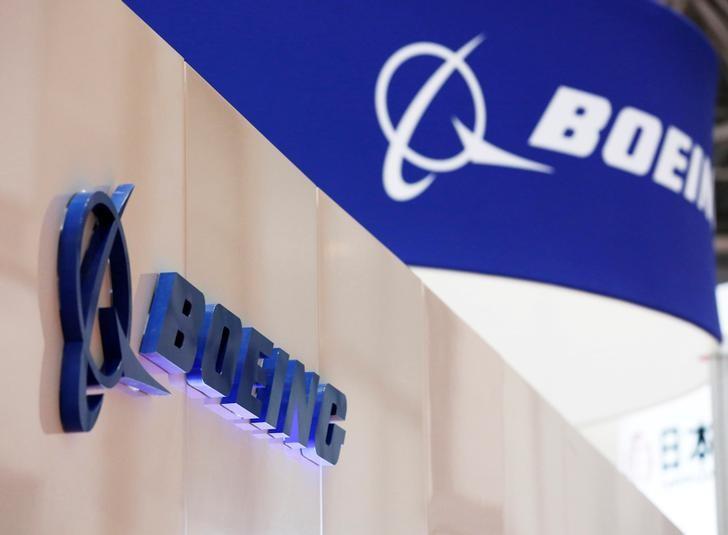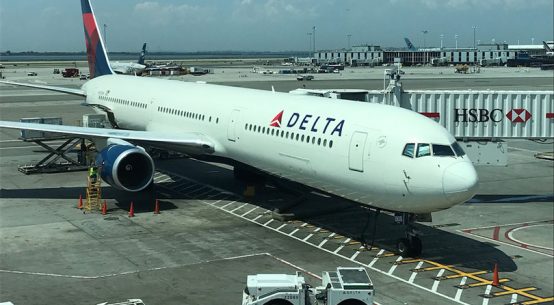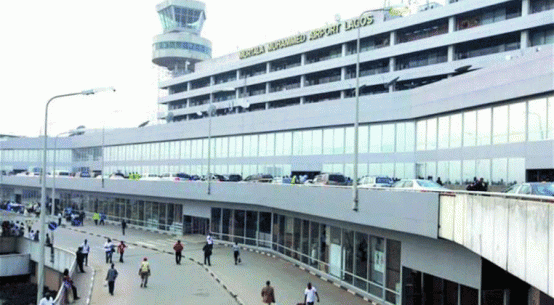
FILE PHOTO: An Airbus A380 is taking part in a flying display during the 52nd Paris Air Show at Le Bourget Airport near Paris, France June 23, 2017. REUTERS/Pascal Rossignol
- Emirates likely to order for 36-38 Airbus A380 superjumbo jets, worth some $16 billion
- Boeing sees order traffic coming back and improving yields
DUBAI (Reuters) – Dubai’s Emirates may place an order at the Dubai Airshow for 36-38 Airbus A380 superjumbo jets, worth some $16 billion at list prices, a person familiar with the matter told Reuters on Saturday.
Emirates and Airbus both declined to comment.
The order is expected to be one of the highlights of the Nov. 12-16 event at which Gulf carriers – minus Qatar Airways which is absent due to a rift between Arab nations – are expected to put a brave face on fragile business confidence in the region.
Imagine your ad placed here
It comes as Airbus and Boeing chase deals to prop up recently softening demand for wide-body passenger jets.
Emirates is by far the largest buyer of the world’s largest passenger jet, the A380, with 142 on order and 100 already delivered.
The 544-seat jet entered service amid huge fanfare in 2007, but its future has been thrown into doubt by sluggish sales as airlines turn to efficient smaller jets like the Boeing 777, of which Emirates is also the largest buyer.
An A380 sale would bring respite to Airbus which has fallen well behind rival Boeing this year, with 35 percent of their combined new orders.
Aerospace manufacturers were pitching for other deals on the eve of the show, one of the largest business gatherings in the Middle East.
Boeing sought earlier to dispel concerns about a slowdown in the growth of Gulf airlines as the aerospace industry gathered on Saturday for the Dubai Airshow.
Boeing sees opportunity

Meanwhile, Boeing sought to dispel concerns about a slowdown in the growth of Gulf airlines as the aerospace industry gathered on Saturday for the Dubai Airshow.
Speaking on the eve of the showcase event, executives at the U.S. planemaker also played down the impact of growing political tensions in the region.
“Traffic is coming back and yields are improving and this is going to be a very positive backdrop to the Dubai Airshow,” Marty Bentrott, vice president for Boeing’s commercial sales in the region, said, citing higher profit at Dubai’s Emirates.
Boeing had been asked to reschedule some deliveries according to a normal pattern but had not seen cancellations since a rift between Arab nations and Qatar earlier this year.
At a news conference, Boeing executives mainly deflected questions about a domestic purge of dozens of members of Saudi Arabia’s political and business elite in the past week but played down concerns over its economic impact.
“There is absolutely no change. We consider the Kingdom of Saudi Arabia to be a very strong partner and we are going ahead with our plans,” Ahmed Jazzar, president of Boeing Saudi Arabia, said.
The planemaker, meanwhile, said it had seen strong regional interest in a proposed new mid-sized passenger jet.
Industry sources expect a commercial launch of the roughly 220-270 seat jet next year. It would enter service in 2024-25 as Boeing attempts to leapfrog the hot-selling Airbus A321neo.
The aircraft will be designed around an unusual elliptical, or ‘squashed’, shape of fuselage that contains less room for cargo than other planes of its size. Experts say that is in order to improve the aerodynamics and cut running costs.
Follow us on TWITTER for more Logistics News Follow us on FACEBOOK for more Logistics News
Boeing planners say most airlines interested in that type of plane do not expect to carry much cargo on their targeted routes.
Asked whether that would be a problem for airlines in the Gulf, most of which carry significant amounts of freight in the bellies of their passenger planes, Bentrott said: “There is nothing but tons of interest and excitement (in the region). There is not any concern about cargo capability.”
He added, “We hope to get it into the market in the not-too-distant future.”








